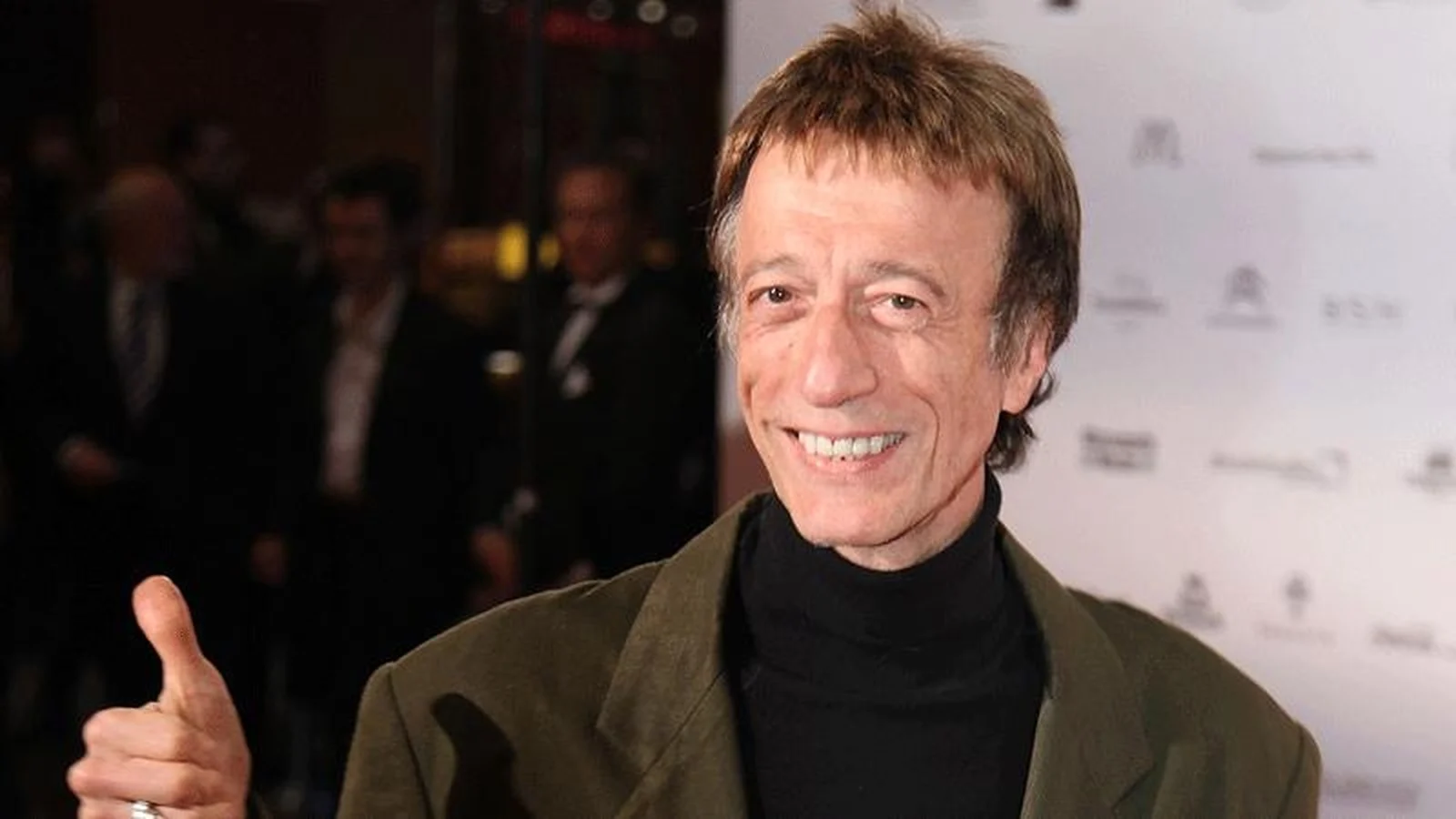
A Love Reborn in Memory, Dancing on the Edge of Heartache and Hope
In 1983, Robin Gibb—the spectral voice behind some of the Bee Gees’ most haunting harmonies—stepped out of the collective shadow to deliver a solo triumph with “Juliet,” a single from his second solo album, How Old Are You? The song soared to commercial heights across Europe, claiming the number one spot in countries like Germany and Switzerland, and reaffirming Gibb’s resonance beyond the disco-fueled days of his family band. While it never charted in the United States, “Juliet” captivated European audiences with its blend of yearning falsetto and propulsive synth-pop—a track that straddled both personal longing and the sonic currents of its time.
At its core, “Juliet” is a modern torch song cloaked in early-’80s production: shimmering synthesizers, crisp drum machines, and layered vocals that echo like memories trying to find their way home. It is no coincidence that the song arrived during a transitional period for pop music—and for Gibb himself. The global disco backlash had cooled the Bee Gees’ once-blazing commercial dominance, prompting Robin to explore more introspective terrain through solo work. With “Juliet,” he offered not just a catchy pop melody but a wounded romanticism that leaned into his gift for emotional immediacy.
Lyrically, “Juliet” reads like a love letter torn between past and present. The titular name evokes Shakespearean tragedy, yet Robin’s delivery is not theatrical—it’s intimate, almost pleading. He sings not from a balcony but from beneath it, reaching upward toward a woman—and a time—long gone. “Juliet / Oh Juliet / This time I’m coming home,” he repeats with devotional insistence. The refrain suggests both regret and resilience—a promise made too late, or perhaps exactly on time.
The brilliance of “Juliet” lies in how its simplicity belies emotional complexity. Robin’s falsetto—fragile yet unwavering—functions as both narrator and confessor. It’s not merely about rekindling a romance; it’s about confronting the ghost of what was lost and daring to believe in its resurrection. The tension between electronic production and raw sentiment mirrors the song’s thematic contradiction: love as both memory and motion, past wound and present cure.
Musically, “Juliet” aligns itself with the glossy romanticism characteristic of early ’80s Europop—a genre typified by acts like Alphaville or Ultravox—but where others leaned into futurism or artifice, Gibb brought humanity. His melodic phrasing avoids the mechanical detachment common in synth-driven hits of the era. Instead, every note seems anchored in lived experience, in a sorrow that has been metabolized into song.
In hindsight, “Juliet” stands as one of Robin Gibb’s most poignant solo statements—a reminder that even within the glittering machinery of pop production lies the timeless ache of human vulnerability. As fleeting as young love may be, its imprint lingers—and in songs like this one, it breathes again.